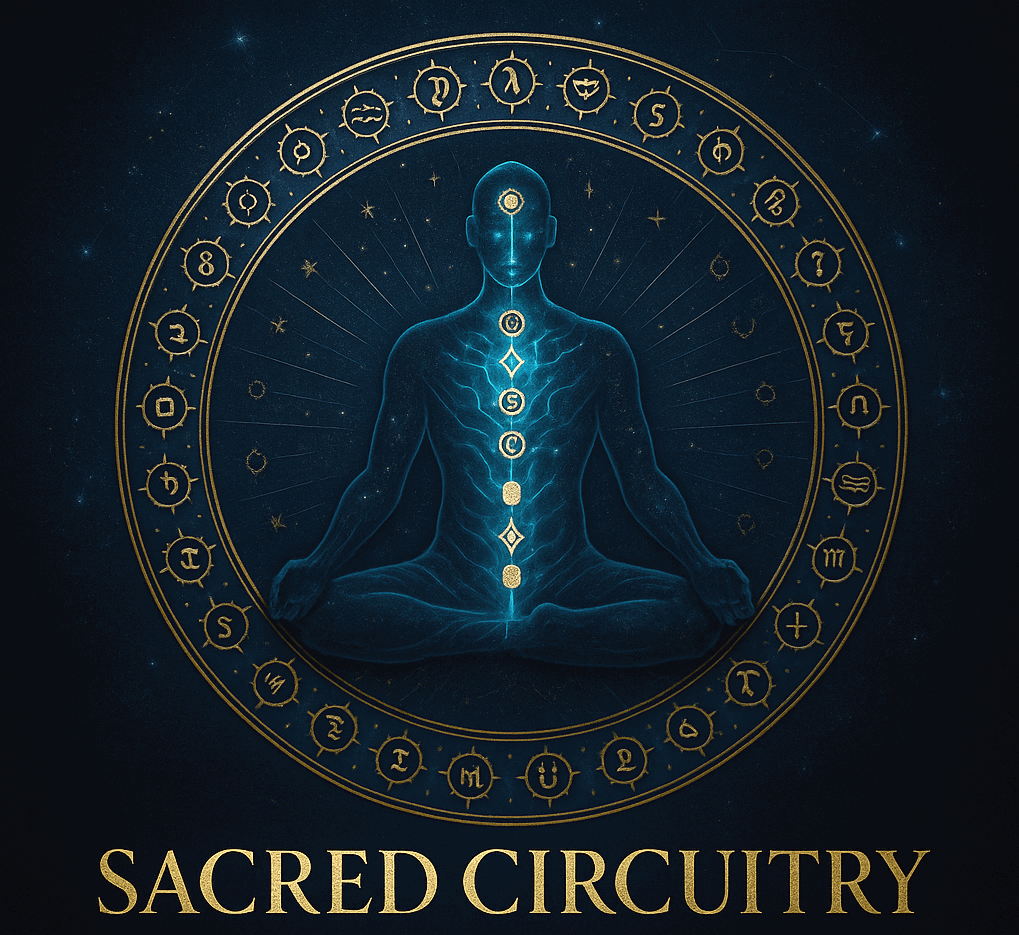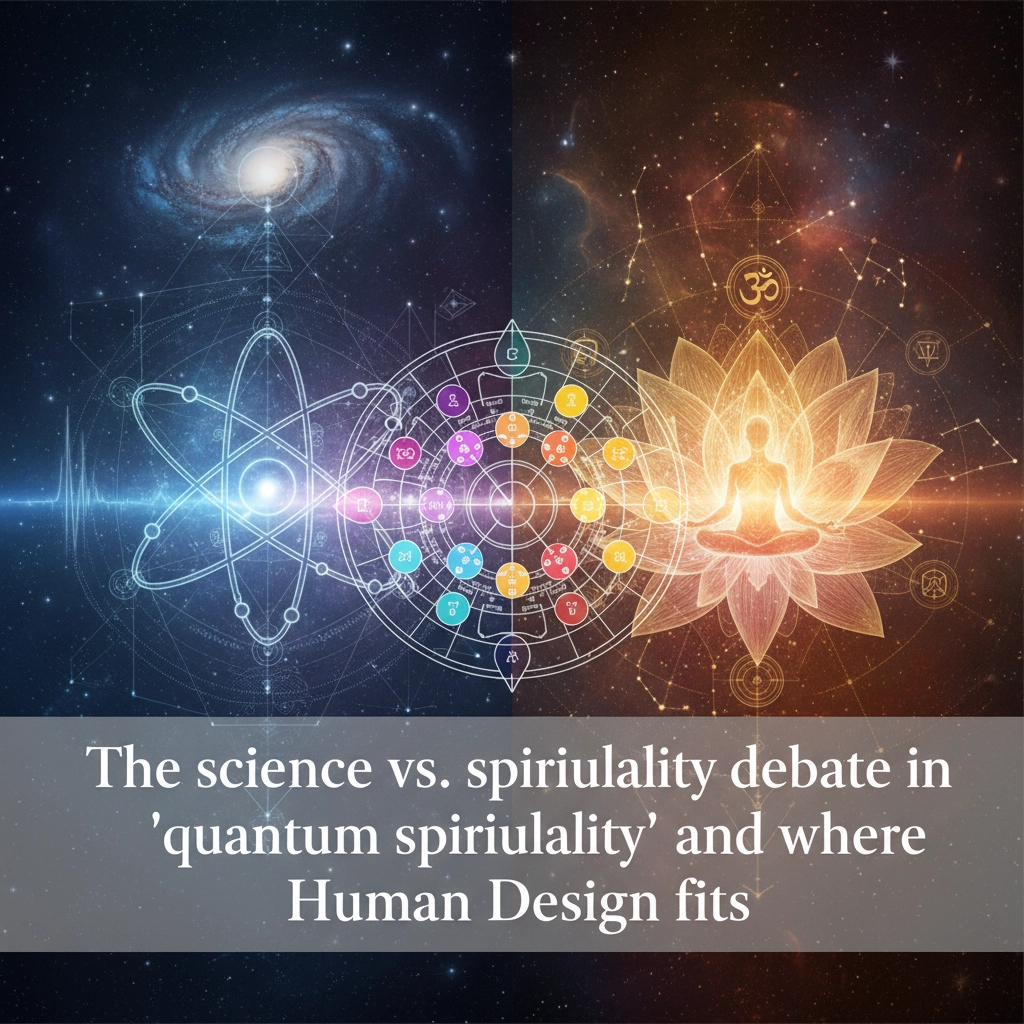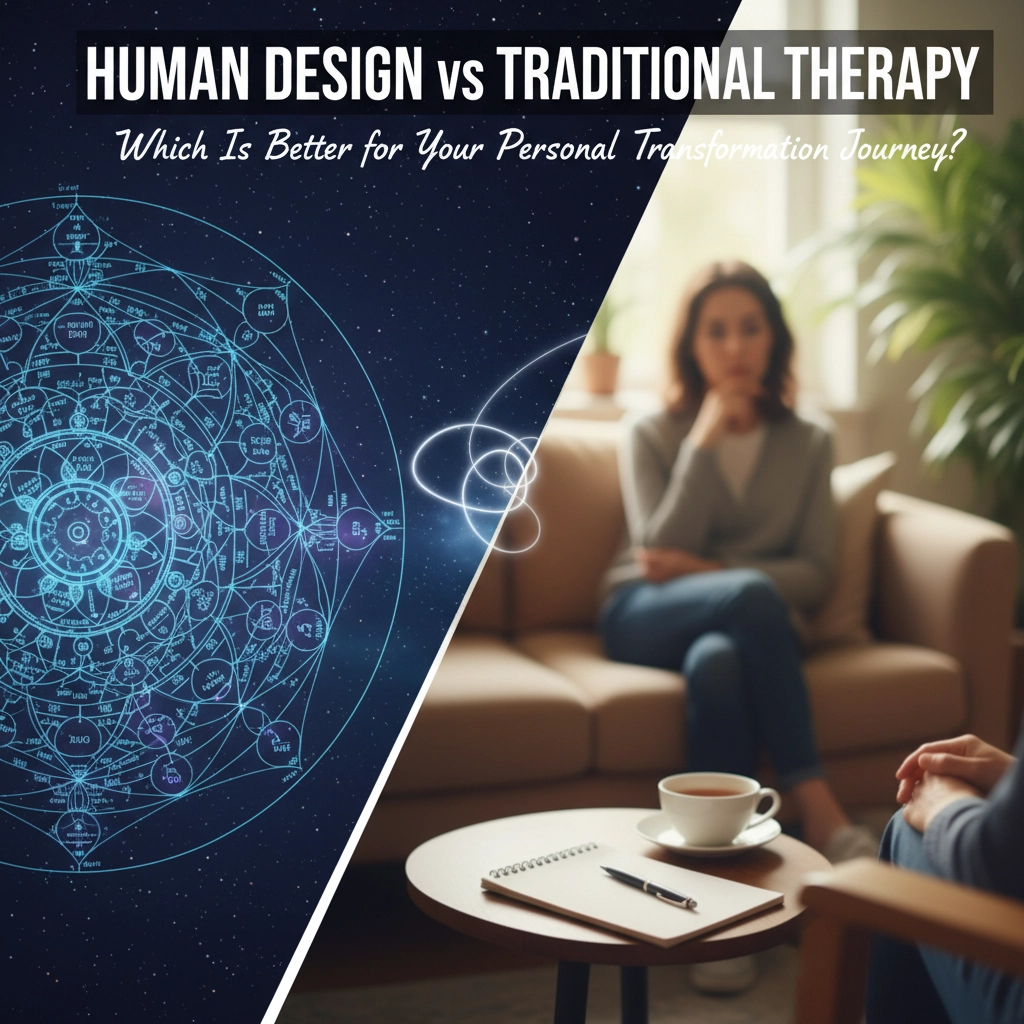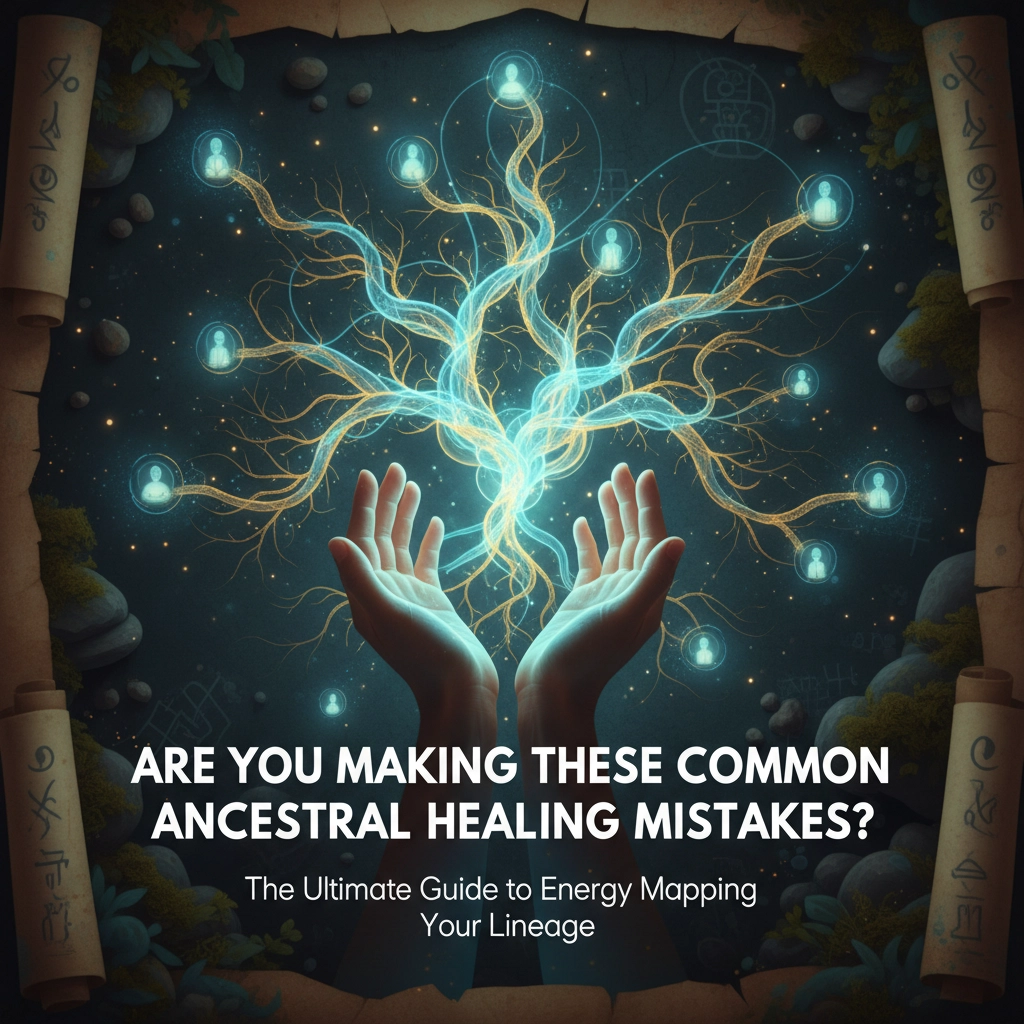You've probably stumbled across those Instagram posts claiming that "quantum physics proves manifestation works" or heard someone at a spiritual retreat insist that consciousness creates reality. Maybe you rolled your eyes, or maybe you felt that familiar tingle of recognition: like someone finally put words to something you've always known but couldn't explain.
Here's the thing: you're witnessing one of the most explosive debates happening right now between the scientific establishment and the spiritual community. And it's not just academic posturing: this battle is reshaping how we understand consciousness, reality, and our place in the universe.
The Revolution That Started It All
The quantum spirituality movement didn't emerge from some New Age fever dream. It grew from a profound realization that quantum physics was saying something remarkably similar to what mystics had been teaching for millennia.
Carl Jung was one of the first to connect these dots. His concept of archetypes: those powerful, invisible forms that shape our consciousness: aligned perfectly with quantum revelations about the non-material basis of our material world. Jung proposed that these archetypes exist in what he called a "psychic system of a collective, universal, and impersonal nature."
Think about that for a second. Jung was essentially saying that invisible forms can appear in our minds and guide our imagination, perception, and thinking. Sound familiar? It should, because quantum physics tells us the same thing about reality itself: that the basis of everything we see and touch is actually non-material, existing in a realm of pure potentiality.
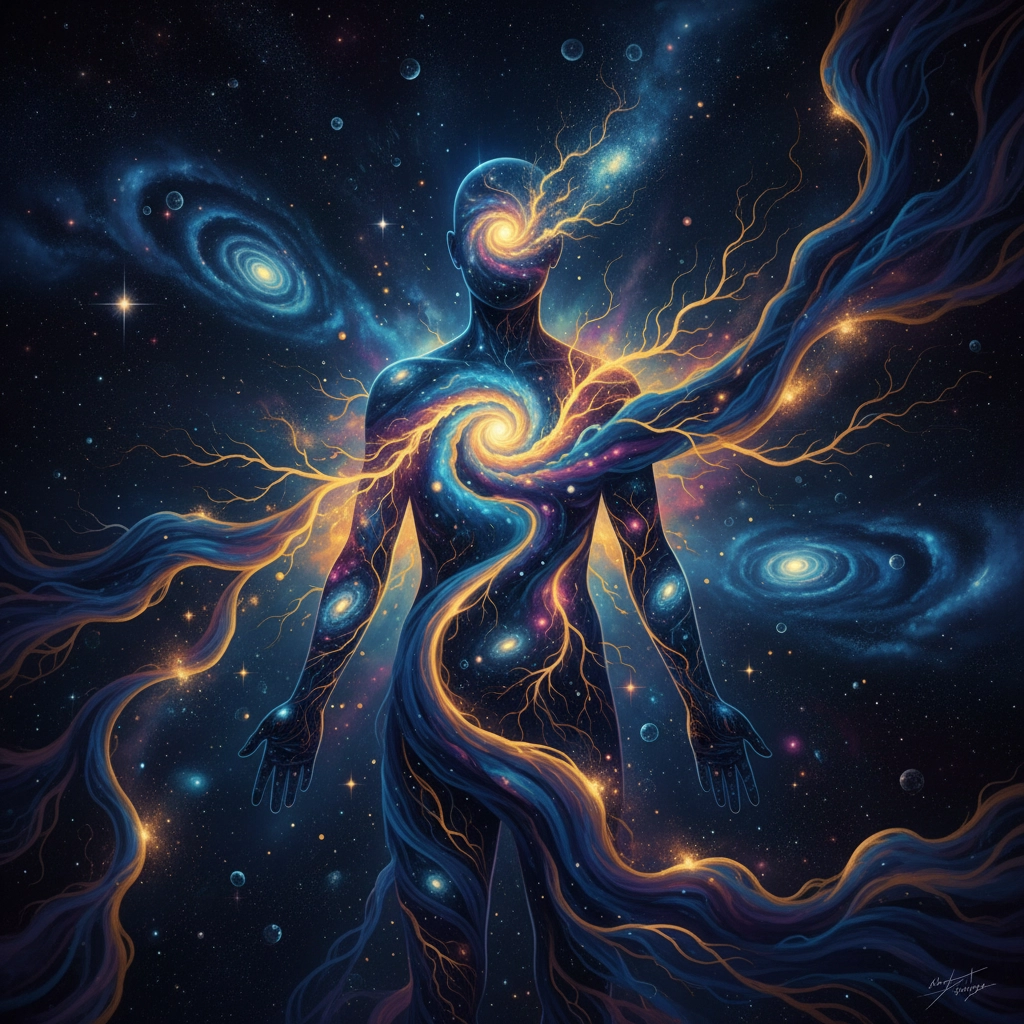
The Scientists Fighting Back (And Forward)
Now, before you think this is all woo-woo nonsense, understand that there are legitimate scientists diving deep into what they call quantum consciousness (QC). These aren't fringe researchers: they're asking the foundational questions that quantum physics forces us to confront.
Their argument is compelling: traditional neuroscience, built on the foundation of Newtonian physics, simply cannot explain consciousness. It's like trying to understand a smartphone using telegraph technology. QC scientists insist that any real understanding of how mind and matter interact requires quantum physics: the actual theory of matter that's been established since the 1920s.
But here's where it gets interesting for you. These scientists aren't just conducting experiments in ivory towers. They're challenging the very boundaries of what science can and should investigate. They're saying that to solve contemporary problems in both science and society, we need to expand our definition of legitimate knowledge.
The Mystics Saying "We Told You So"
On the spiritual side, you've got practitioners and teachers who feel completely vindicated. They point to quantum physics as proof of what they've always known: everything is interconnected, consciousness is fundamental, and there's no purely physical world independent of awareness.
This isn't new thinking: it's what Indian sages called Sanatana Dharma and Western philosophy terms "perennial philosophy." The same fundamental truths about reality's true nature keep appearing across different cultures and ages.
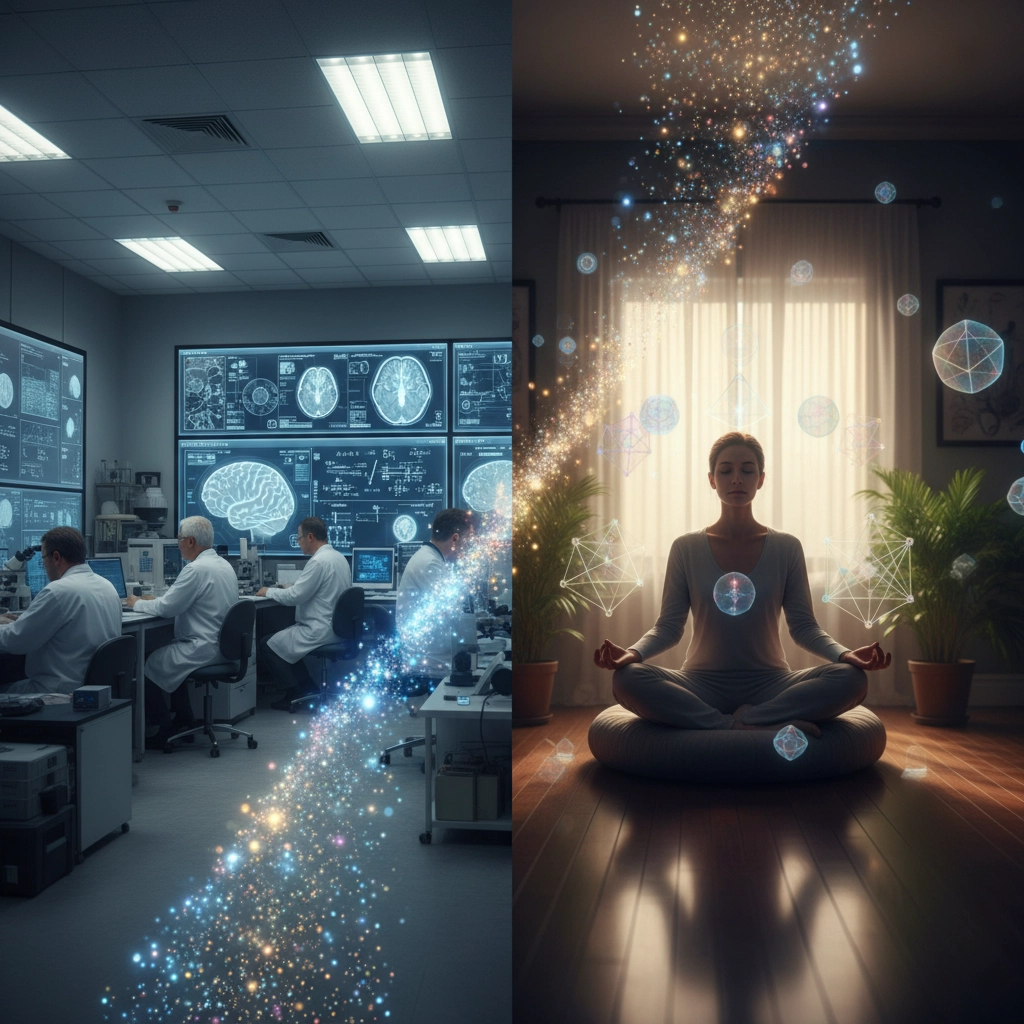
Even Werner Heisenberg, one of quantum physics' founding fathers, admitted: "After the conversations about Indian philosophy, some of the ideas of quantum physics that had seemed so crazy suddenly made much more sense."
But let's be real here: just because ancient wisdom aligns with modern discoveries doesn't mean every spiritual claim gets a free pass. You still need discernment.
The Backlash Is Real (And Harsh)
The scientific establishment isn't having it. They're fighting back hard against what they call "quantum mysticism," arguing that spiritual practitioners are deliberately misinterpreting quantum physics experiments.
Their criticism cuts deep: they claim that the idea that "consciousness creates reality" has absolutely nothing to do with actual quantum physics. One critic called it "quantum Tony Robbins": essentially a self-help sales pitch dressed up in scientific language.
This isn't just academic squabbling. It's a fundamental disagreement about the nature of reality, consciousness, and what counts as legitimate knowledge. The scientists worry that mixing spirituality with physics undermines the integrity of scientific inquiry.
So Where Does Human Design Actually Fit?
Here's where I need to be straight with you: Human Design occupies a unique position in this debate, but not necessarily where you might think.
Human Design doesn't explicitly claim to be based on quantum physics, unlike some other spiritual systems. Instead, it draws from the I Ching, astrology, Kabbalah, and the chakra system: creating what Ra Uru Hu called "The Science of Differentiation."
But here's what's fascinating: Human Design's core premise: that you have a unique energetic blueprint that determines how you best interact with the world: actually sidesteps the quantum spirituality debate entirely. It's not trying to prove that consciousness creates reality or that quantum entanglement explains psychic phenomena.
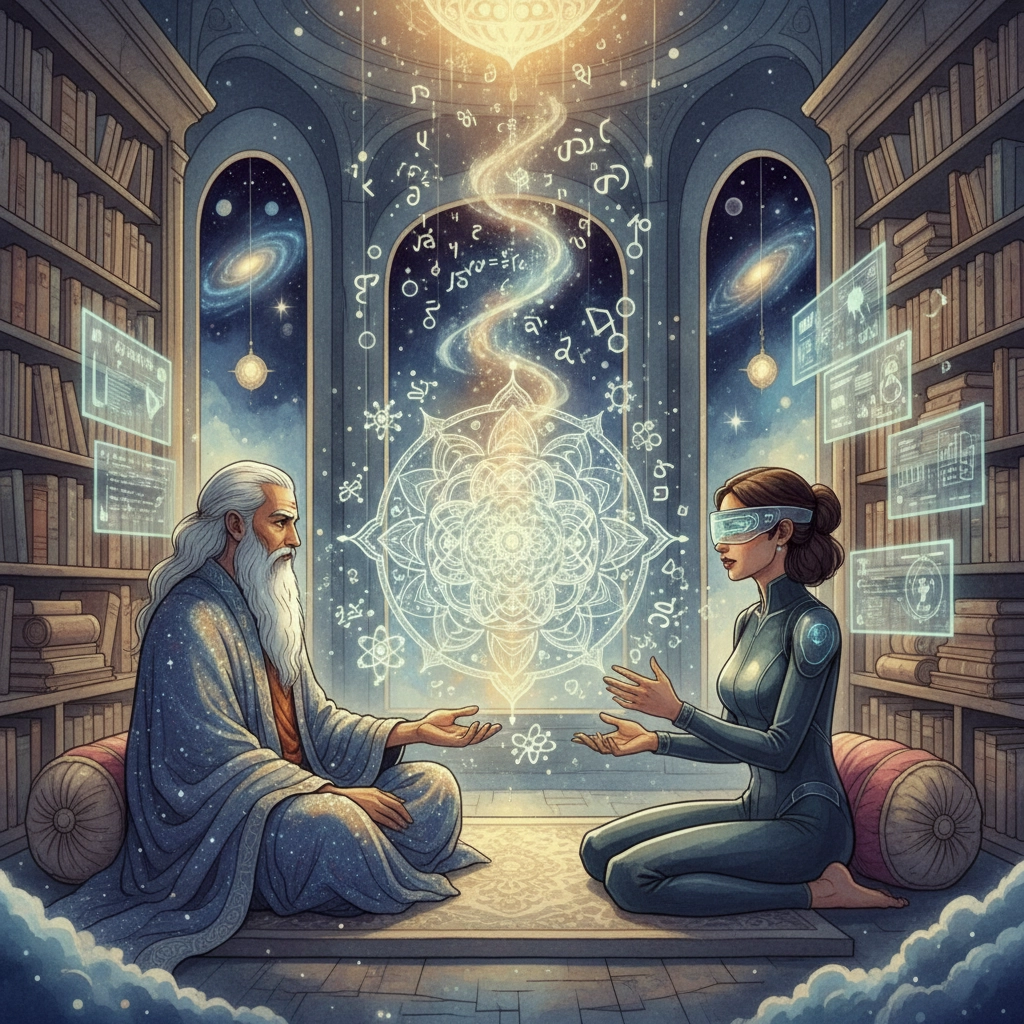
Instead, Human Design operates more like a practical mapping system. It says: "Here's your energetic wiring. Here's how you're designed to make decisions, interact with others, and move through the world. Try it and see if it works."
This pragmatic approach might actually be more sophisticated than either the quantum mystics or the hardcore materialists want to admit. Human Design doesn't need quantum physics to validate it: it stands or falls on whether it actually helps people live more authentically and effectively.
The Real Question You Should Be Asking
Instead of getting caught up in whether quantum physics "proves" spirituality, ask yourself this: What actually works in your life?
The quantum spirituality debate is ultimately about worldview: how you understand the relationship between consciousness and reality. But your daily experience matters more than any theoretical framework.
If understanding your Human Design type helps you make better decisions, improve your relationships, and feel more aligned with your authentic self, does it matter whether scientists can explain it through quantum mechanics?
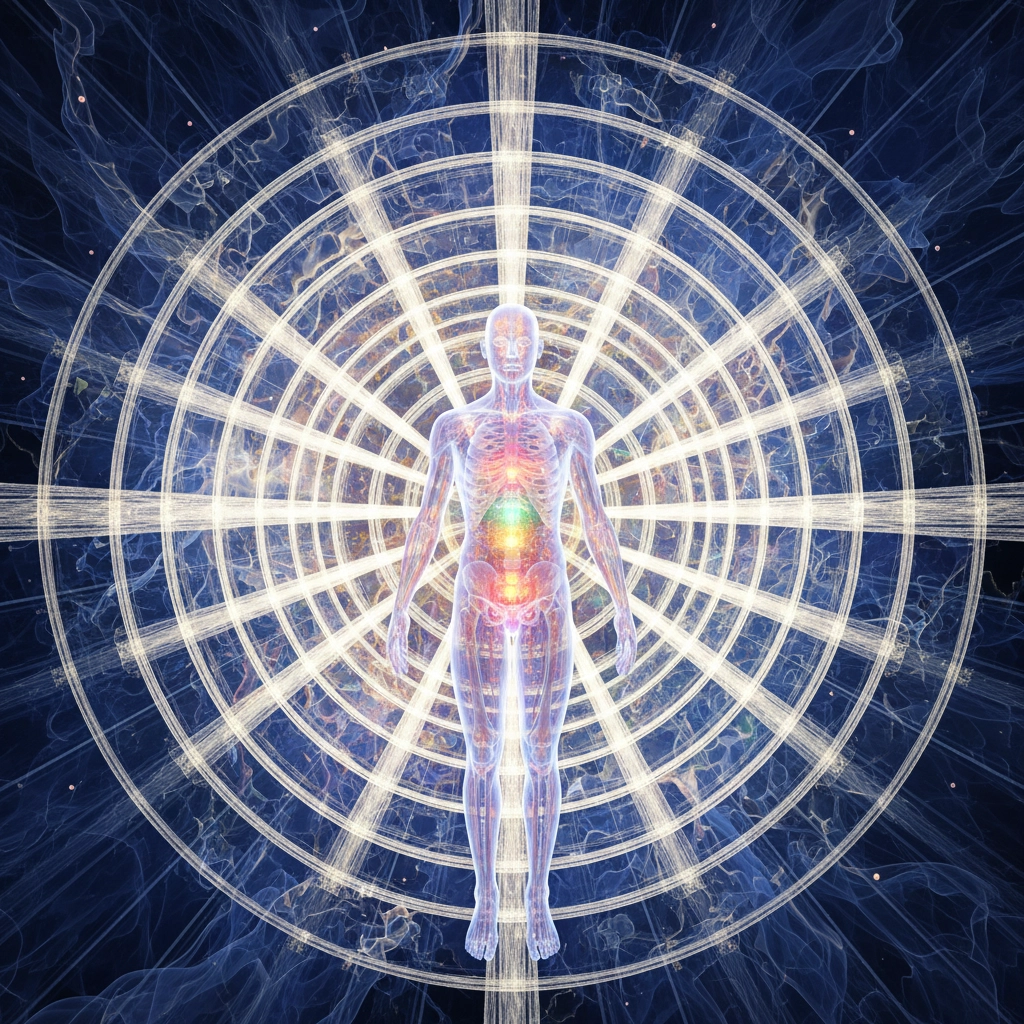
What This Means for Your Practice
Here's your reality check: you don't need to choose sides in the quantum spirituality wars to benefit from systems like Human Design.
Your practical steps:
-
Stay grounded in experience. Does the system produce results in your actual life? That's your primary measure.
-
Maintain healthy skepticism. Just because something aligns with quantum physics doesn't make it automatically true or useful.
-
Respect both knowledge systems. Science has given us incredible tools for understanding the physical world. Spiritual systems offer profound insights into meaning, purpose, and consciousness.
-
Focus on integration. Instead of fighting between paradigms, look for ways to integrate useful insights from both.
The Bigger Picture You're Missing
The quantum spirituality debate reveals something deeper: we're living through a fundamental shift in how humanity understands reality. The old mechanistic worldview that separated matter and consciousness is breaking down, but we haven't yet agreed on what should replace it.
You're witnessing the birth pangs of a new paradigm. Whether that paradigm incorporates spiritual insights remains to be seen, but one thing is certain: consciousness is no longer something science can simply ignore.
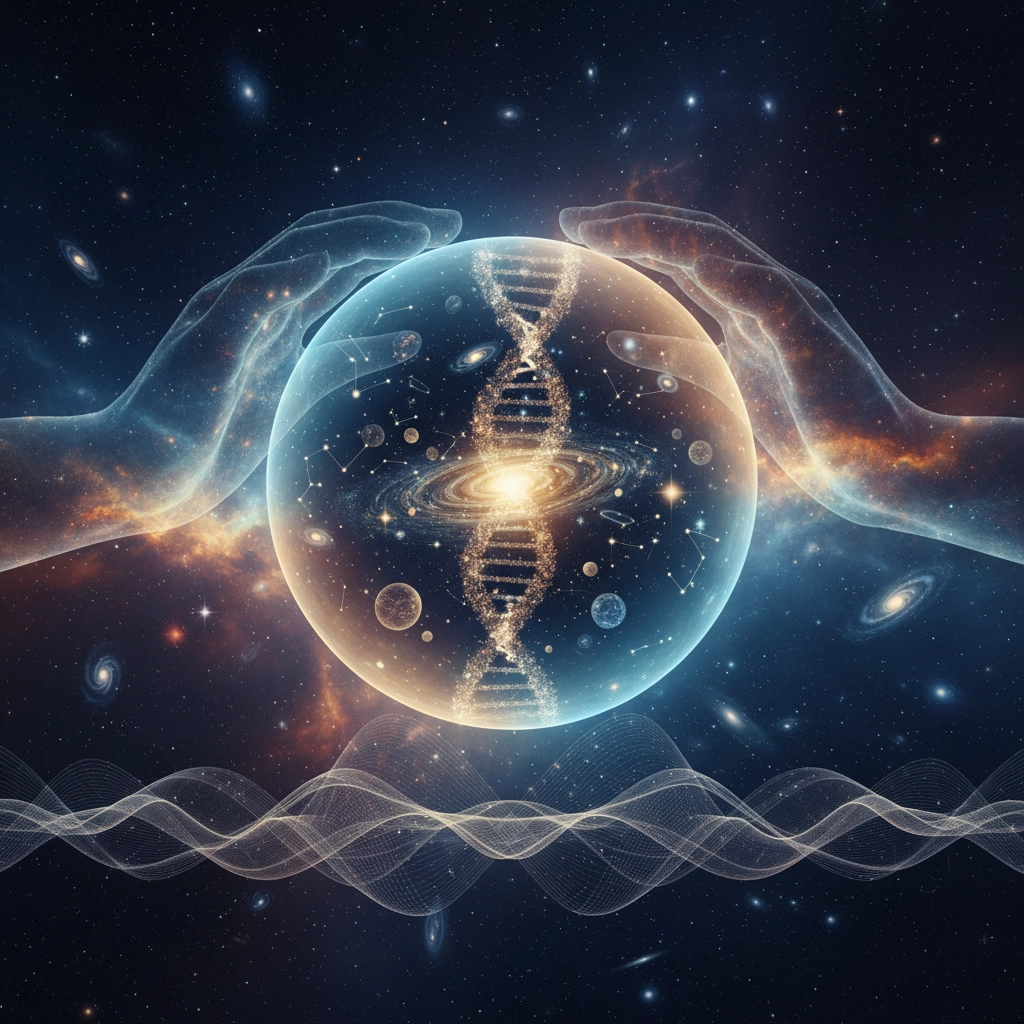
Human Design sits comfortably in this transitional space. It doesn't need to win the quantum spirituality debate to be valuable. It just needs to help you understand yourself better and live more authentically.
The question isn't whether quantum physics validates spirituality. The question is: Are you ready to take responsibility for understanding your unique energetic design and living according to your authentic nature?
Because at the end of the day, whether consciousness creates reality or reality creates consciousness, you still need to show up and make decisions that honor who you really are. And that's where Human Design can actually serve you: not as quantum mysticism, but as practical wisdom for navigating your unique path.
The debate will continue. Your life won't wait. What are you going to do with the insights available to you right now?
